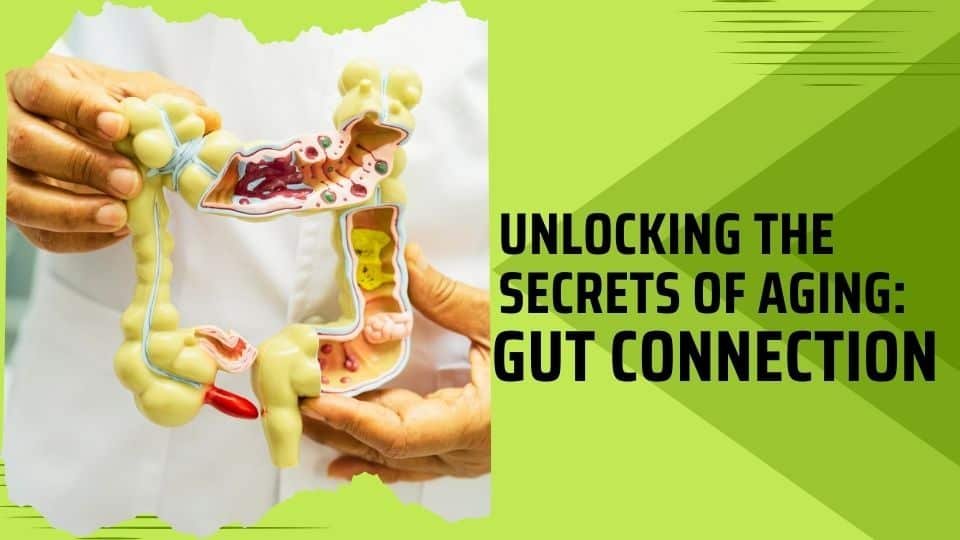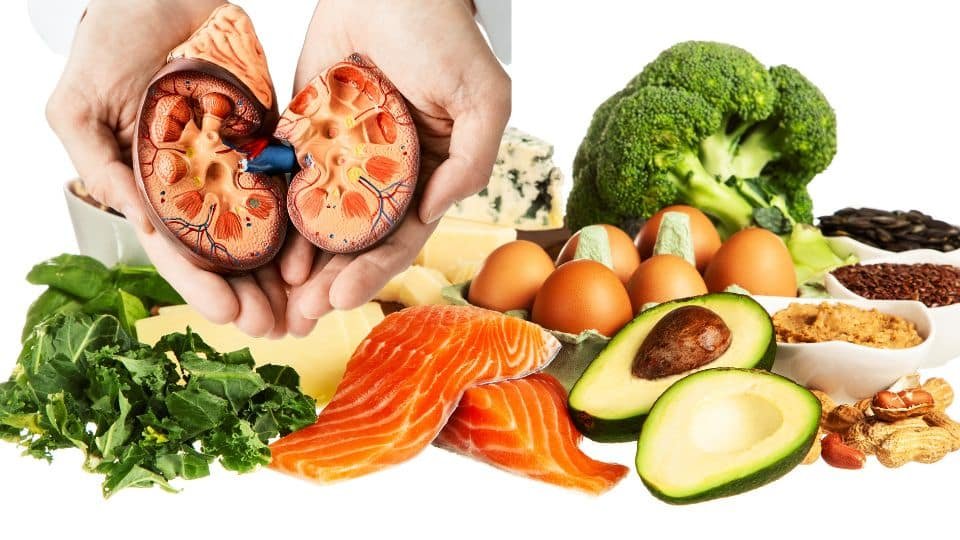Welcome! Today, we embark on a mesmerizing journey through the world of menopause, fat utilization, and metabolic health. Join us as we uncover groundbreaking research from the prestigious University of Jyvaskyla, funded by the Academy of Finland, that challenges conventional wisdom and reveals surprising insights.
Estrogen deficiency following menopause has long been thought to impair women’s ability to burn fat, potentially leading to weight gain and metabolic issues. However, this new study suggests that things might not be as straightforward as we once believed.
The research at the Faculty of Sport and Health Sciences of the University of Jyvaskyla focused on middle-aged women and their fat utilization rates. Surprisingly, the study found that menopausal state or blood estrogen levels did not decisively determine how well women could use fat at rest or during exercise.
Researchers believe this was an expected result. Women burn fat even after menopause if their energy intake is less than their expenditure.
Energy balance emerged as a significant factor in fat utilization. Women who consumed fewer calories than they burned showed higher rates of fat utilization at rest. In fact, the study showed that postmenopausal women did not significantly differ in fat utilization from women who had not yet reached menopause or were on hormone replacement therapy (HRT).
The study also had some intriguing findings regarding fitness levels and fat utilization during exercise.
Those with higher fitness and physical activity levels demonstrated peak fat utilization during exercise. This is held true for both postmenopausal and premenopausal women. It also suggests that improving fitness through endurance training can significantly enhance the body’s ability to burn fat during workouts.
You can also view this article: Maximizing performance: Understanding the effects of energy intake on female athletes!
The study also looked into whether higher fat utilization indicated better glucose tolerance. Contrary to expectations, higher fat utilization during rest did not necessarily translate to better glucose tolerance. Women who used more fat at rest showed increased blood glucose and insulin levels during glucose tolerance tests, likely due to the body’s temporary shift toward using more fat as an energy source.
Researchers say: “When the body utilizes more fat at rest as an energy source, eating carbohydrates at that time may raise your blood glucose levels more as the body is momentarily tuned to use more fat.”
The study also shed light on misconceptions about the ketogenic diet and fat burning.
Researchers say: “A high-fat diet raises the total amount of fat used in energy production, which is due to increased fat intake, and it does not mean that you have suddenly begun to shed more body fat.”
So, what can we take away from this study?
Firstly, menopause might have less impact on fat utilization than previously thought. Secondly, energy balance, fitness levels, and nutritional status play a more significant role. And finally, the old saying still holds true: maintaining a healthy lifestyle through proper nutrition and regular exercise is the key to enhancing fat utilization and overall metabolic health.
Science is a never-ending journey of exploration and discovery. This study reminds us to question assumptions and embrace the evolving understanding of our bodies. Today, we have explored the fascinating world of menopause, fat utilization, and metabolic health. Stay curious and stay informed!
Glossary:
- Menopause: The natural biological process that marks the end of a woman’s reproductive years, characterized by a decline in estrogen and progesterone production.
- Estrogen: A female sex hormone responsible for regulating various bodily functions, including the menstrual cycle and aspects of the female reproductive system.
- Metabolic health: The state of health and well-being related to the body’s metabolism, including factors like blood sugar levels, insulin sensitivity, and fat metabolism.
- Academy of Finland: A funding organization that supports scientific research and academic work in Finland.
- Energy balance: The relationship between the calories consumed through food and beverages and the calories expended through physical activity and metabolism.
- Hormone replacement therapy (HRT): A medical treatment involving the use of hormones, typically estrogen and sometimes progesterone, to relieve symptoms associated with menopause.
- Glucose tolerance: The body’s ability to regulate blood sugar levels in response to the consumption of carbohydrates.
- Ketogenic diet: A high-fat, low-carbohydrate diet designed to promote ketosis, a metabolic state where the body primarily burns fat for energy.
- Nutritional status: The overall state of health and well-being influenced by diet and nutrient intake.
Journal Reference:
Jari E. Karppinen, Hanna-Kaarina Juppi, Jukka Hintikka, Petri Wiklund, Eero A. Haapala, Matti Hyvärinen, Tuija H. Tammelin, Pauliina Aukee, Urho M. Kujala, Jari Laukkanen, Eija K. Laakkonen. Associations of resting and peak fat oxidation with sex hormone profile and blood glucose control in middle-aged women. Nutrition, Metabolism and Cardiovascular Diseases, 2022; DOI: https://doi.org/10.1016/j.numecd.2022.06.001



 By
By










